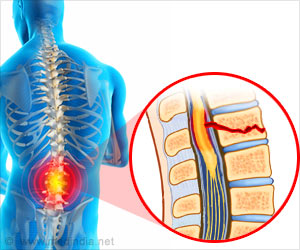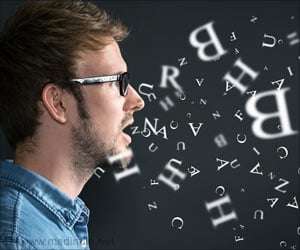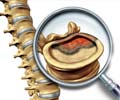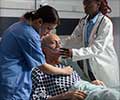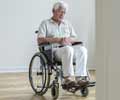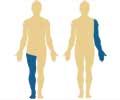Kochevar, paralyzed completely due to a bicycle accident, is the first person to feed and drink all by himself with the help of neuro-prostheses.

‘Neuro-prostheses reconnects the brain with muscles that aids in completion of the desired task just by thinking.’





"Our research is at an early stage, but we believe that this neuro-prosthesis could offer individuals with paralysis the possibility of regaining arm and hand functions to perform day-to-day activities, offering them greater independence," said lead author Bolu Ajiboye from Case Western Reserve University in the US. "So far, it has helped a man with tetraplegia to reach and grasp, meaning he could feed himself and drink. With further development, we believe the technology could give more accurate control, allowing a wider range of actions, which could begin to transform the lives of people living with paralysis," Ajiboye added in the paper detailed in the The Lancet.
Kochevar underwent brain surgery where sensors were fitted in the motor cortex area of brain responsible for hand movement. With the help of a brain-computer interface, the sensors learnt which movements his brain signals were instructing for.
Later, 36 muscle stimulating electrodes were placed into his upper and lower arm, including four that helped restore finger and thumb, wrist, elbow and shoulder movements.
Using a mathematical algorithm, the brain-computer interface was wired to the electrical stimulators in his arm, which translated his brain signals into commands for the electrodes in his arm.
Advertisement
After 12 months, Kochevar was able to complete day-to-day tasks, including drinking a cup of coffee and feeding himself.
Source-IANS

